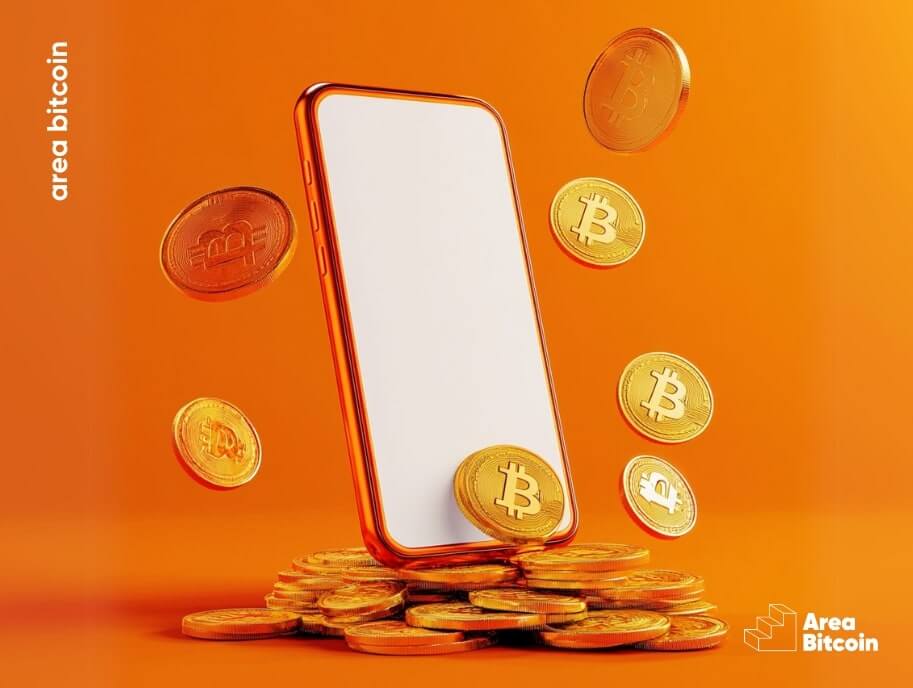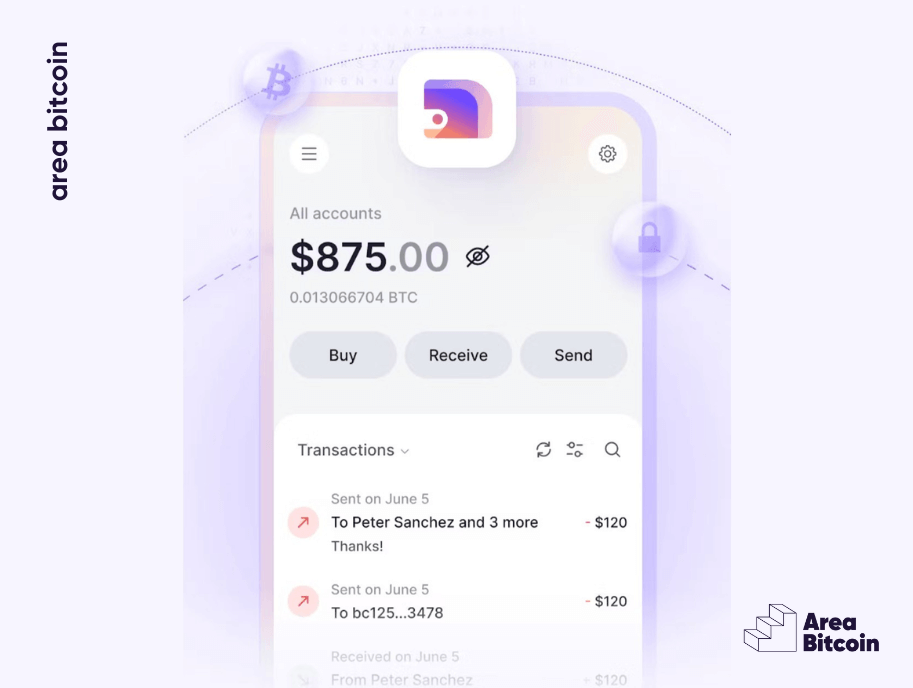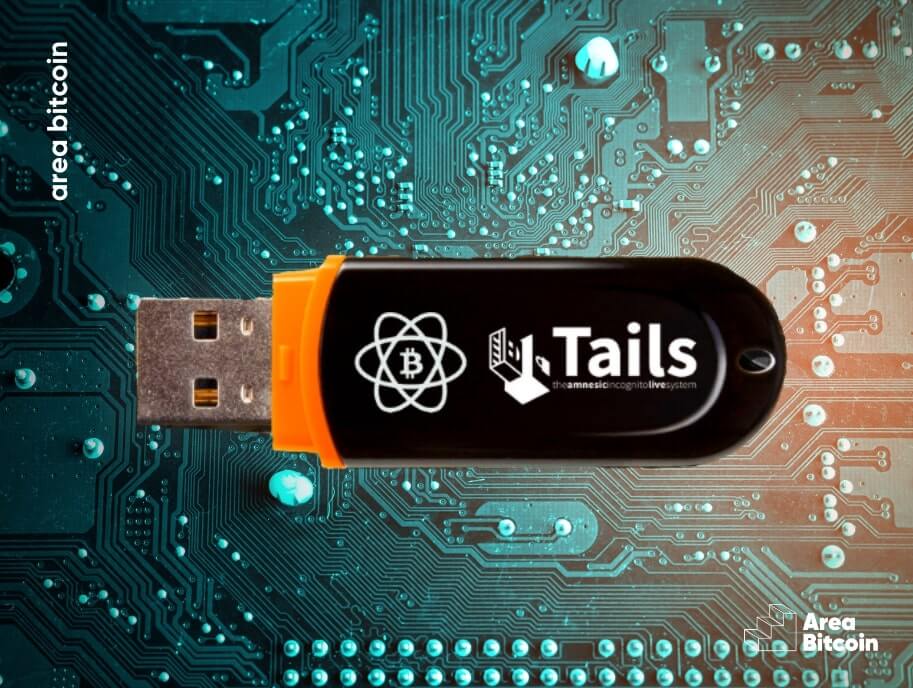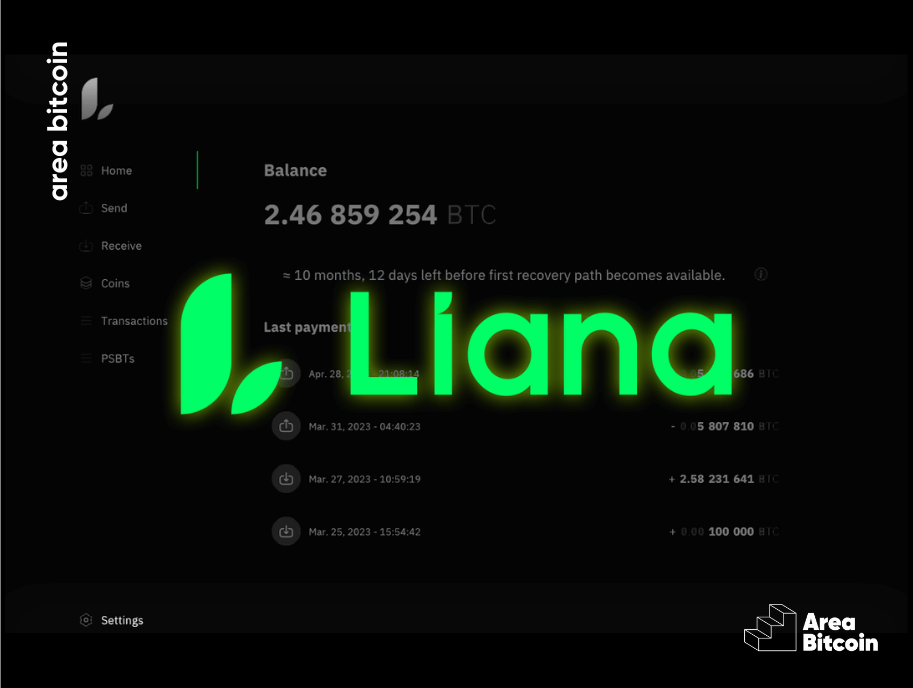Bitcoin is a currency that can be transacted globally at any time of day. However, one aspect of the user experience that often raises many questions is about mobile wallets, also known as “hot wallets.”
Hot wallets are a convenient and affordable solution for managing and transacting small amounts of Bitcoin.
Thus, with a smartphone within reach of almost everyone, these wallets have become the bridge between Bitcoin and people’s everyday lives.
In this article, we’ll dive into the world of hot wallets, exploring how they work, their advantages, disadvantages, risks, and how you can use them securely for your Bitcoin transactions.
What are hot wallets?
A hot wallet is a Bitcoin wallet that is constantly connected to the internet and is designed to be convenient, especially when used on mobile devices, such as smartphones, which can easily be carried in your pocket.
This convenience allows for Bitcoin transactions at any time and anywhere, quickly and easily, as there is no need to transfer funds to another wallet before making a transaction.
Therefore, they allow immediate access to your Bitcoin balance, making them a convenient option for those who carry out regular transactions in their daily lives.
Types of hot wallets
Understanding the features and peculiarities of each type of hot wallet is essential to making informed decisions about how to store and protect your Bitcoin.
Below are all types of available hot wallets.
For Computers
These wallets are installed on personal computers and operate as a local app. They allow you to have full control over your private keys and store them locally on the device.
They are programs or apps that you install, and it’s during the installation that the app will generate your public and private keys to start receiving and sending Bitcoin (the same happens with wallets for mobile devices).
For Mobile
These wallets are apps designed for smartphones and tablets. They are convenient for daily use and quick transactions, as you can access them from anywhere.
Software wallets for mobile devices can be found in the app stores for iOS and Android.
Multicurrency or Bitcoin only
These wallets can be multicurrency, meaning they generate public and private keys for several digital currencies, or they can be bitcoin only, which only support bitcoin.
Usually, bitcoin-only wallets have specific functionalities, such as the ability to create multisig wallets and also interact with other layers of Bitcoin, such as the Lightning network.
That being said, there isn’t a “best” wallet, but rather the one that is most suitable for your intended use and has the features you need.
What are the risks and advantages of a Hot Wallet?
Like any online solution, there are risks and advantages to consider when using a hot wallet.
It is crucial to understand these aspects to make informed decisions about the security and convenience of storing your Bitcoin in this type of wallet.
Advantages
As mentioned earlier, the greatest advantage of hot wallets is their convenience.
The ability to send and receive Bitcoin with just a few clicks or taps on the screen is appealing to many users. Many mobile wallets have quite intuitive interfaces, making them a good option for those new to the world of Bitcoin.
In addition, most of these wallets are free, and you can download, test, and uninstall if you don’t like the app, which makes it a good option for you to test and familiarize yourself with Bitcoin wallets.
Therefore, you can use these wallets as a starting point for self-custody, while you don’t yet have a hardware wallet, and until you fully understand how it works.
Risks
However, with convenience comes risk.
Being constantly connected to the internet, hot wallets are more vulnerable to cyberattacks. This can range from phishing (where someone tries to trick you into giving up your login credentials) to hacks in the wallet app.
These wallets are installed in an online environment, along with other browsing apps, such as social networks. Thus, this proximity to other software can facilitate hacker access and increase security risk.
That’s why this type of wallet isn’t ideal for storing a large portion of your money held in Bitcoin. As such, it is only recommended for smaller amounts, which will be spent on a day-to-day basis.
Also, it’s important to use strong passwords and two-factor authentication to protect your funds.
How to choose a Bitcoin wallet?
When deciding which wallet to use to store your Bitcoin, it is important to understand the distinction between custodial and non-custodial wallets.
This distinction is crucial to make an informed decision about the security and control of your digital assets.
Custodial wallets
Custodial wallets store your private keys in custody, which means you do not have full control over your balances. Therefore, the custody of the private keys of the wallet is held by the service provider you are using.
For this reason, when using this type of wallet or service, you need to trust the company to manage your balances. However, there are several risks associated with this, such as the risk of hackers, the risk of loss of assets due to improper operations, and also the risk of the company going bankrupt.
Non-custodial wallets
Non-custodial wallets are the ones that give you full control of the private keys, without relying on intermediaries.
Therefore, they are safer than custodial wallets, especially if you know how to store your seeds and keys well.
Now that you know what custodial and non-custodial wallets are, let’s look at the main Bitcoin hot wallets!
Main Bitcoin Hot Wallets
The Bitcoin industry is in full swing, and great wallet solutions have emerged lately.
These wallets are fundamental for facilitating quick transactions and are playing a crucial role in Bitcoin’s adoption and daily usage.
Here we’re going to list some of the top non-custodial options available, so you can try them out and choose the one that best suits your needs.
Blue Wallet
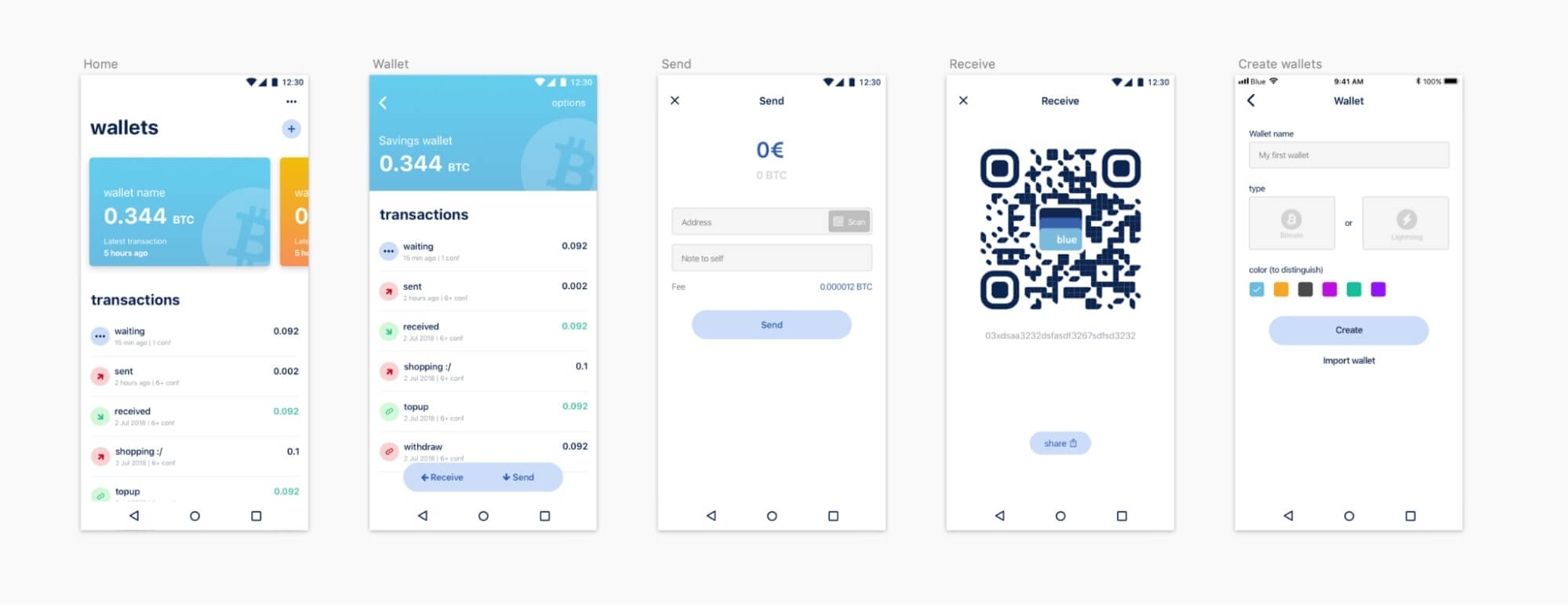
Blue Wallet is a hot wallet with many features, besides being easy and intuitive.
With it, you can send and receive bitcoin via on-chain (bitcoin’s first layer) or via lightning (in this case, only possible if you connect to your own node).
It’s a non-custodial wallet, meaning it doesn’t hold your private keys.
The Blue Wallet is a great option for use in day-to-day transactions or even as a watch-only wallet, which is when you only track the balance and cannot move the satoshis.
Another cool thing about this hot wallet is the ability to create multisig wallets, which require multiple signatures to increase security. Moreover, it also supports partially signed transactions, allowing greater interoperability between different wallets.
These additional features provide an extra layer of protection and flexibility when using the wallet.
Blue Wallet is available for Android, iOS, and also in a desktop version (macOS only).
Green Wallet
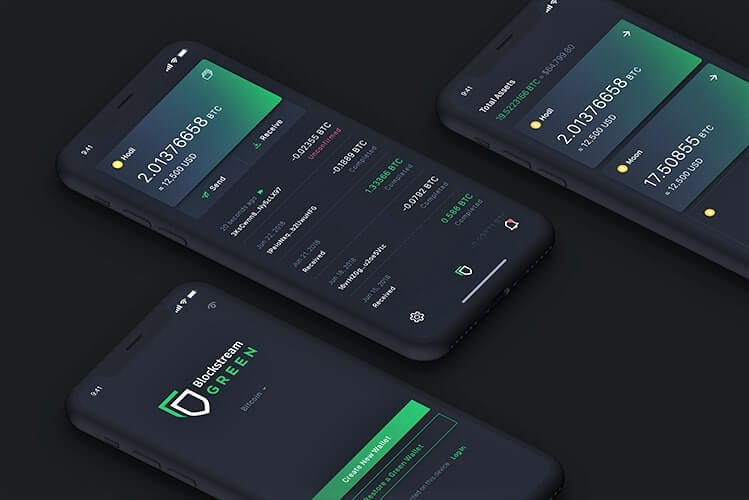
Green Wallet is a wallet from the company Blockstream.
The wallet is open source, non-custodial, and allows users to access, store, send, or receive BTC and Liquid network tokens, which is a sidechain created by Blockstream.
In addition to being open source, Green has good features to ensure user funds’ security, including multisig and 2FA.
A long-awaited update about to happen is integration with the Lightning Network.
Green is simple and easy to use, and users can access their wallet via the web and mobile.
It is available for Android, iOS, and Desktop.
Nunchuk
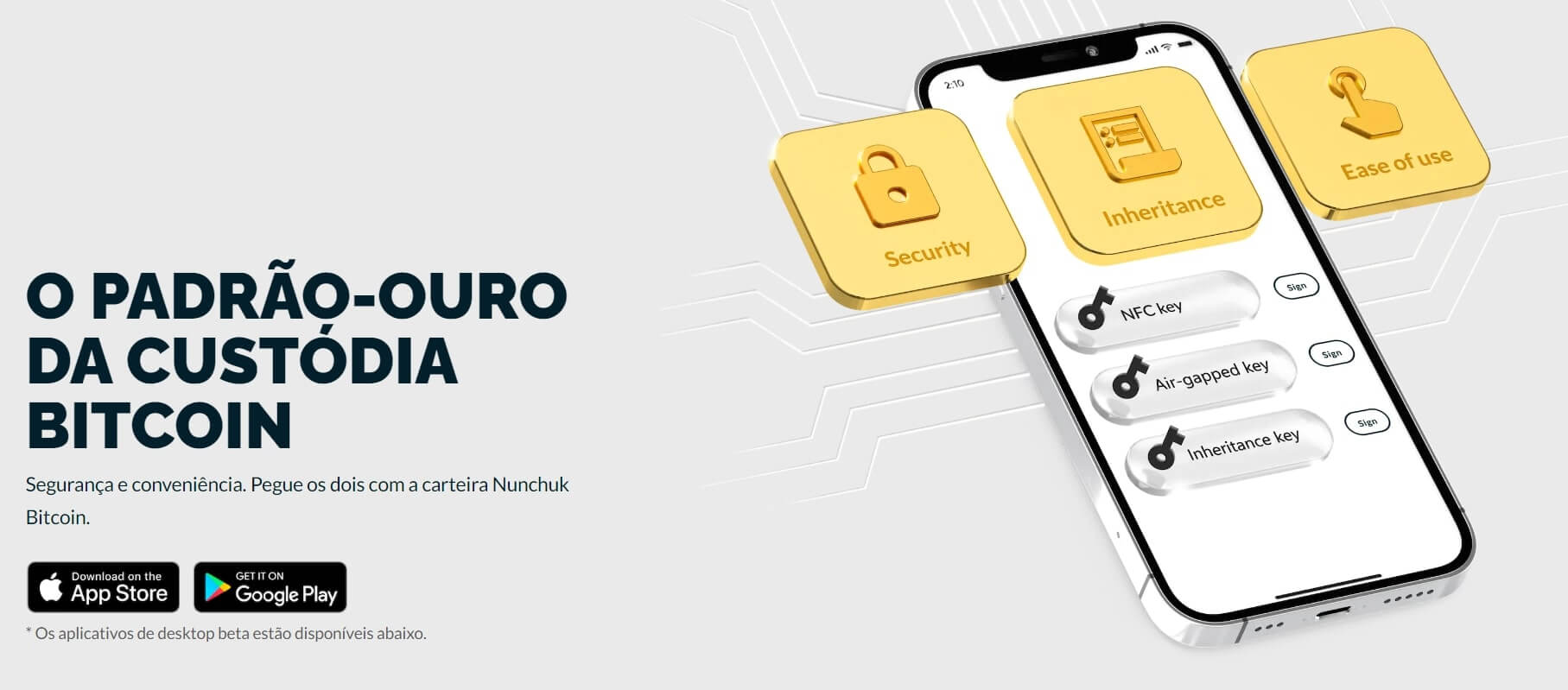
Nunchuk is a non-custodial Bitcoin wallet that can be used on mobile and PC.
This is a wallet with advanced features and quite complete for those who want to have a bit of Bitcoin to use it daily.
From a technical standpoint, Nunchuk offers great features like multisig, RBF, PSBT, and TOR support for more privacy, and it also integrates with various other Bitcoin wallets.
It is available for Android, IOS, and desktop (Mac, Windows, and Linux).
Electrum
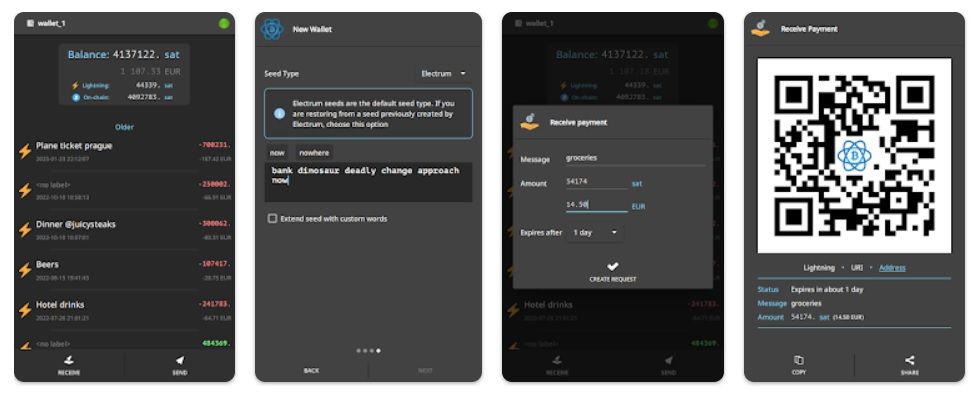
Created in 2011, the Electrum wallet is one of the oldest and most respected Bitcoin wallets.
It has the option to be a hot wallet, as well as a cold wallet, keeping your private keys offline. Besides, it is open source, and many developers have contributed to its source code over the years.
This wallet offers a wide range of features but might not be so friendly for beginner users. This happens because of its interface, which, even updated, may not be very intuitive compared to other wallets. However, Electrum exceptionally fulfills all the functions it was designed and intended for.
In this wallet, you will have access to features like:
- two-factor authentication (2FA)
- multisig wallet support
- integration with other hardware wallets
- transactions using the SPV (Simple Payment Verification) method
- the ability to make bulk payments
- support for PSBT
- Lightning network
- Watchtowers
- Submarine swaps.
An important note is that Electrum is available for desktop (compatible with Windows, Mac, and Linux) and mobile – Android only.
Sparrow Wallet
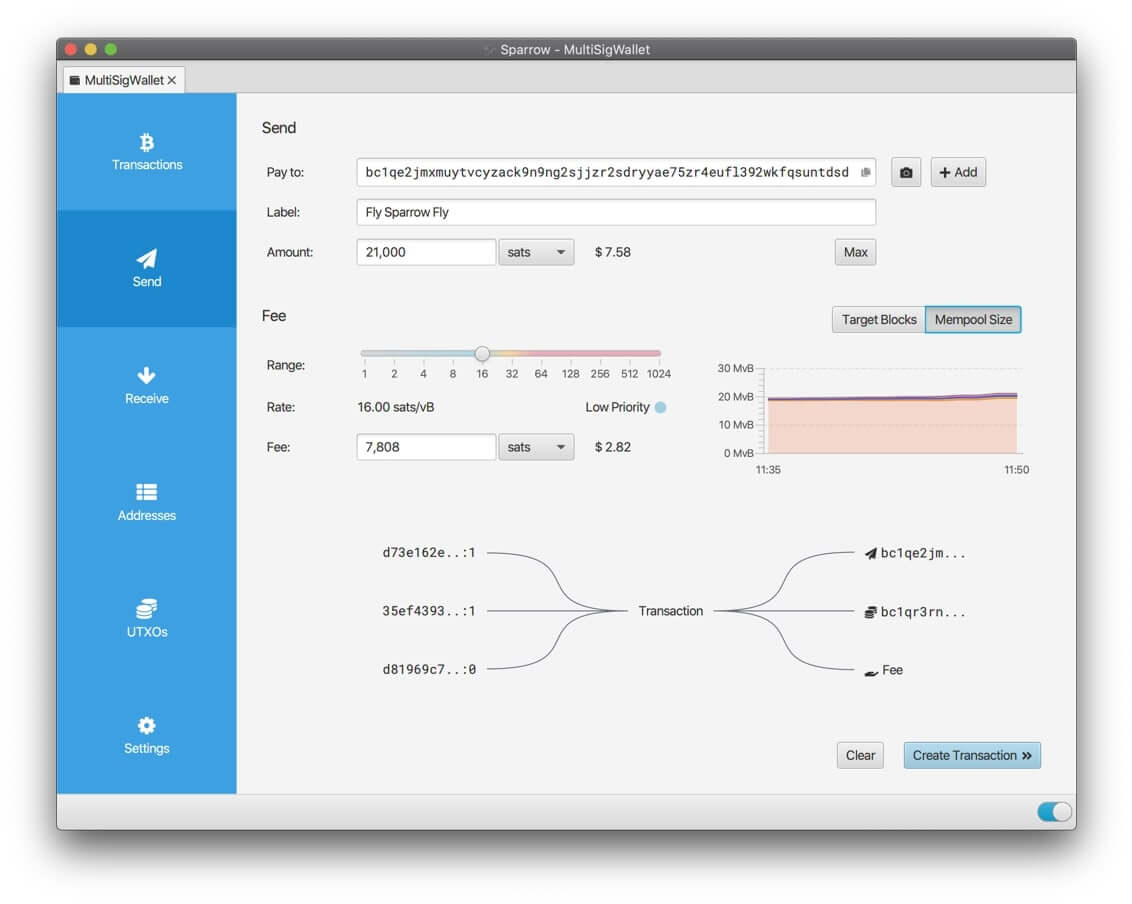
Sparrow is a Bitcoin desktop wallet designed to be used with your own node.
Sparrow’s focus is on security, privacy, and usability. As it has many features, it is more suitable for advanced users.
This wallet supports single sig or multisig, various types of addresses, various node connection options, coin control, transaction labeling, embedded Tor, and Testnet.
In addition, the Sparrow Wallet supports partially signed Bitcoin transactions (PSBT) and supports hardware wallets in USB mode and also air-gapped.
If you want to learn how to create multisig addresses in the Sparrow wallet, check out our Social Multisigs Workshop.
How to use it securely?
Using a hot wallet (online wallet) securely is essential to protect your Bitcoin and avoid possible risks.
Thus, it is possible to use it safely by following some recommended practices; see below.
Use Two-Factor Authentication (2FA)
Two-factor authentication adds an extra layer of security to your wallet, requiring not just a password but also a second factor (usually a code sent to your cell phone) to access it.
Keep the Software Updated
Wallet software updates often include security fixes. Therefore, always keep your wallet updated to benefit from these improvements!
Don’t store high values in Bitcoin
Just as it wouldn’t be safe to walk around carrying large amounts of money in your pocket, it’s also not safe to store large values in your mobile or computer wallet.
To protect your Bitcoin in the long term, consider using a cold wallet (offline wallet).
Conclusion
Bitcoin hot wallets offer a convenient way to store small Bitcoin balances.
While there are risks, a careful and conscious approach can mitigate most of these dangers.
One of the main advantages of hot wallets is that they’re free, making them an excellent option to install and start learning about transactions between wallets, how addresses work, the dynamics of fees, and even making Bitcoin payments.
These wallets offer the opportunity to experiment and gain practical experience in using the currency, without initial costs.
I hope this article has helped you to kick-start your self-custody and use of Bitcoin.
Opt Out!
Share on your social networks:
Area Bitcoin is an educational Bitcoin school that aims to accelerate the financial and intellectual sovereignty of all individuals.
Did you like this article? Consider buying us a cup of coffee so that we can keep writing new content! ☕

